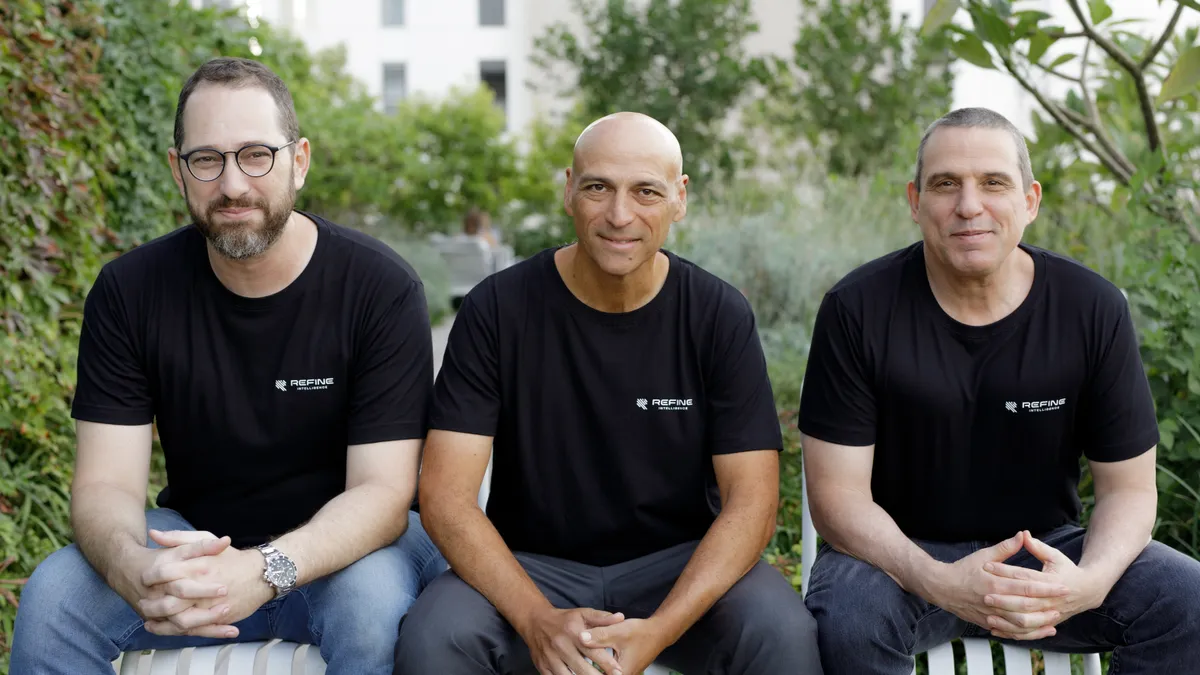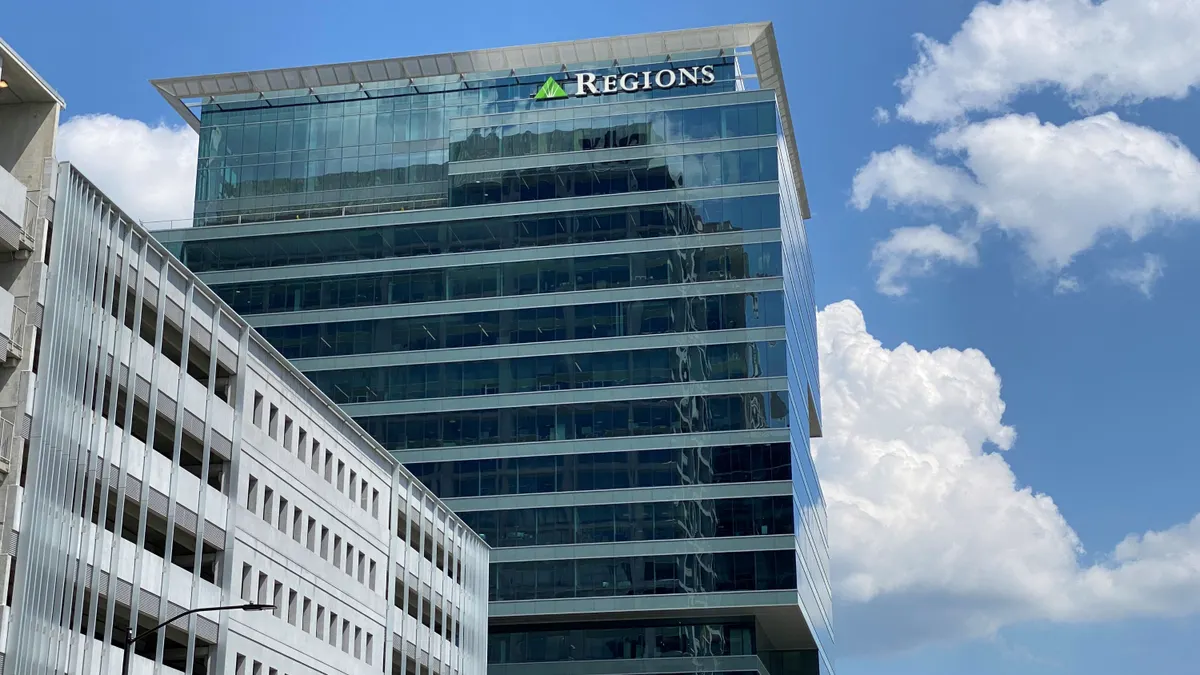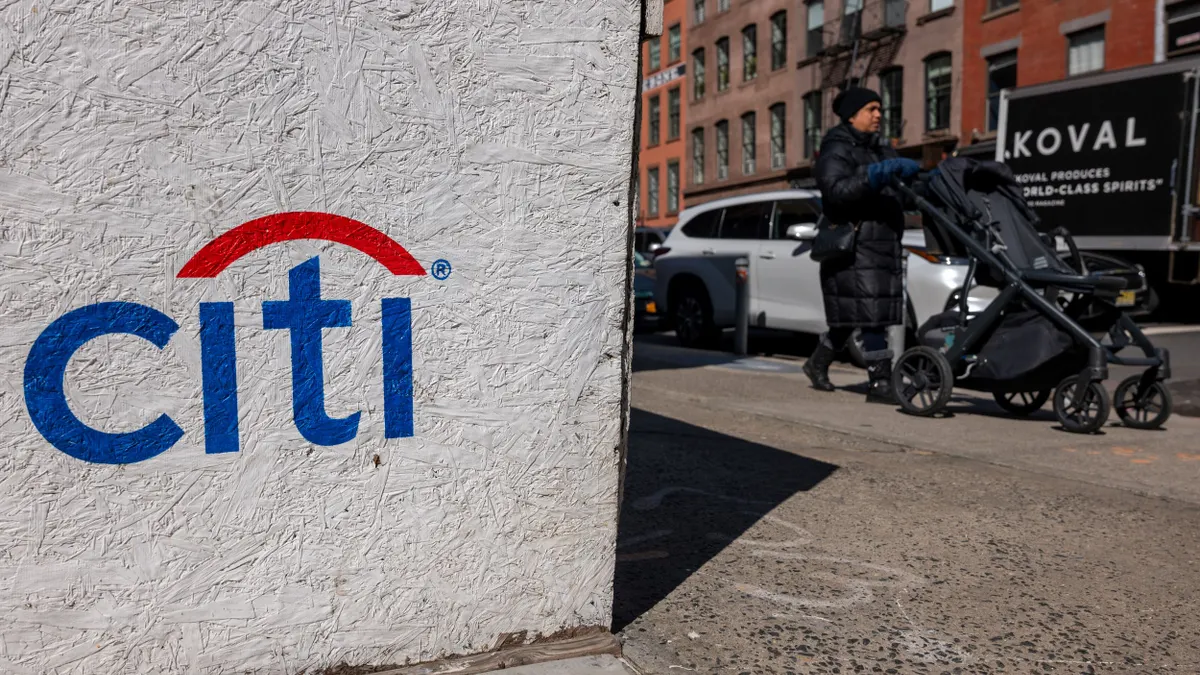Anti-money laundering fintech Refine Intelligence announced a $13 million seed round Tuesday to fund its international expansion, led by Tel Aviv-based Glilot Capital Partners and San Francisco-based Fin Capital.
Refine uses proprietary artificial intelligence to detect legitimate customer activity that has triggered an AML alert, allowing it to be quickly resolved so as not to waste bank resources or punish good actors.
The fintech calls its process “greenflagging,” or in other words, “catching the good guys.”
“Banks used to have a superpower: knowing their customers' life stories so they could provide personalized financial service,” Refine Intelligence CEO Uri Rivner said in a prepared statement. “With banking increasingly done online and a significant drop in face-to-face interactions, banks' understanding of customer behavior is limited.”
“Refine Intelligence restores that critical context, empowering banks to ‘catch the good guys’ — identify false alarms triggered by perfectly legitimate customer transactions, and focus their energy on actual dubious activity,” he said.
Based on its work with its current banking partners, Refine found that 64% of all AML alerts can be attributed to five scenarios: buying or selling real estate, payment for cash-intensive jobs, giving or receiving gifts, buying or selling a car, or payment for construction expenses.
“Banks simply lack the context for these activities, and devote many resources to investigating false alarms,” the company said in its announcement.
Refine provides context in real time to explain customers' actions by tapping into AI trained on a proprietary data set of “genuine customer activity patterns that can automatically recognize specific customer life stories,” and through user-friendly inquiries in which customers are asked information about the source of their funds and the nature of their activity.
Wayne, New Jersey-based Valley Bank took a chance on Refine as its first customer. What it saw inspired an investment from Valley Ventures, the bank’s VC arm.
“After implementing Refine Intelligence's solution, our AML inquiry process was cut from 16 days to two minutes,” Chris Phillips, Valley Bank's director of AML, said in a prepared statement. “This has freed up our team to spend less time on investigations and more time serving our customers. Using Refine Intelligence has enhanced our efficiency by streamlining the process of investigating and resolving AML alerts, and improving our customers' satisfaction.”
Other banks have followed Valley Bank’s lead. Though Rivner did not reveal which banks are leaning into Refine, he said that the team is developing projects with banks with $8 billion to $10 billion in assets, all the way up to the top 10 U.S. banks and top five Canadian banks.
SYN Ventures, Ground Up Ventures and others also participated in the round.
Rivner said on his personal LinkedIn that he’s been “fighting financial crime for 20 years, working closely with the most amazing and talented fraud and financial crime teams this side of the galaxy.”
To Banking Dive, he said he “can’t remember doing anything else.”
Within fighting financial crime is the possibility of “stopping the most horrendous type[s] of crime [like] crimes against humanity or human trafficking,” he said.
“I’m also motivated by the challenge of coming up with new defenses all the time, coping with the ever-changing creativity and adaptability of criminals,” Rivner said.
And, of course, he wants to make legitimate transactions easier for the good guys.
He knows the inconvenience of being flagged on the basis of AML firsthand.
“[In one instance,] I had a very small amount of bitcoin that I was looking to deposit into my bank account. The transaction was denied, however, and I could not get any explanation from the bank — even after I submitted much paperwork to prove the transaction’s legitimate nature. It was very frustrating, and I knew that many others went through similar problems with banks,” Rivner said.
Banks, he noted, use up to 15% of their workforce on AML operations, and “the number of people being hired for this purpose grew by a factor of 10 in the last six or seven years,” he said. “It was an enormous problem that was only getting bigger, and I knew that something had to be done to solve it.”
Prior to starting Refine in 2021, Rivner founded BioCatch, a behavioral biometrics firm that now says it counts more than 25 of the world’s top 100 banks as customers.




















